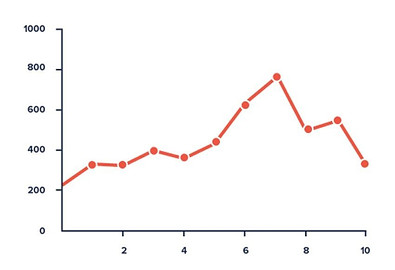
Applied Behavior Analysis (ABA) is a science that aids in the learning process when teaching skills to children and adults. It is not a specific teaching procedure, but rather, it is a way of looking at behavior and recognizing that it functions in some way in the environment. ABA can be applied across various domains including language, academics, social skills, self-help skills, and listening skills.

Every day, as we go through our daily interactions, we are testing our behaviors against others, looking for and calculating the response. If it works, we do it again. If it doesn't work, we don't do it again. We can take this basic "law" of behavior and apply it to many areas: academics, leisure skills, social conversation, parenting, corporate organization, daily living skills--many domains, many environments, many individuals. It provides tools to be able to examine situations and deduce why certain behaviors may be happening and how we can get behaviors to increase or decrease. It is NOT just a treatment for children with autism. It happens that the tools provided by the science are very critical to the success of individuals with autism--but they are not exclusively for individuals with autism.
A collection of tools in any typical toolbox might be broken down to its individual components and singled out for a particular purpose. A screw driver, to loosen and tighten screws. A hammer to drive nails. A saw to cut wood. And so on. But taken collectively as a whole, what those tools can accomplish is limited only by the imagination. Applied Behavior Analysis is a collection of tools whose use can be fitted to renovate behavior of any kind--from attention difficulties to socialization to aggression. Similarly, at Hudson Valley Applied Behavior Analyst, PLLC (HVABA) we include many methodologies to teach while maintaining our ABA perspective. Depending on the learner, instruction may include materials from their classroom, discrete trial instruction, natural environment teaching and creating opportunities to teach challenging skills which may not arise on a regular basis--such as coping with disappointment or change. Contact us to learn more or schedule a call.

